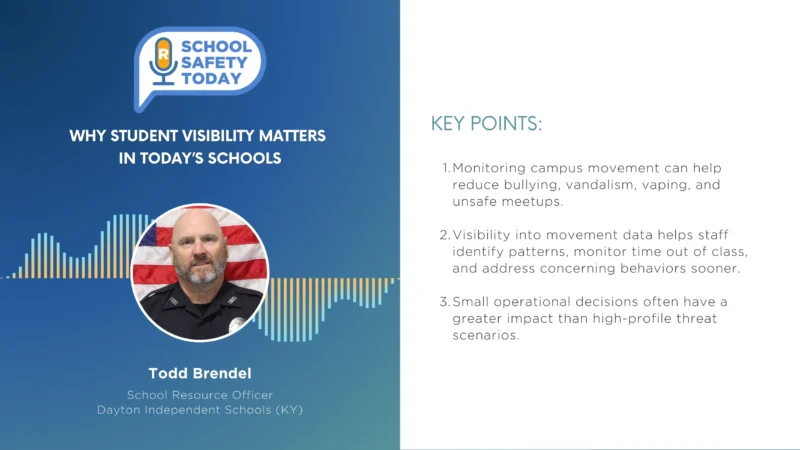Goals, Recommendations, and Assessment: 3 Best Practices for Effective LMS
Personalized learning platforms are like a pair of the highest quality running shoes. They can help you run faster, jump higher, and leap farther, all with the best technology you can get with a rubber sole. But if the shoes are three sizes too big — if they don’t personally fit your foot — they’re just a pair of shoes that won’t do you any good.
On this episode of the EdTech podcast, host Shelby Skrhak sat down with founder and CEO of Cypher Learning, Graham Glass to discuss the three core aspects that a learning management system should have.
The native of England began his career teaching computer science at UT-Dallas, where he discovered the best way to help students learn was with individualized instruction.
“Every student would have their own strengths and weaknesses and their own set of questions,” Glass said. “Over time, I found myself offering specific advice based on the profile of the student.”
He made specific recommendations for books or videos that’d help a student, individually based on his or her level of knowledge. This experience — assessing where a student is, making recommendations for study content, and following up on their progress — became the formula, so to speak, for Glass’ learning platform software.
Glass says there are three core aspects that define a personalized learning platform:
- Each student must be able to define their own learning goals within it.
- They should receive recommendations based on their learning journey.
- Students should have their progress clearly assessed so that they can see their own progress.
For the latest news, videos, and podcasts in the Education Technology Industry, be sure to subscribe to our industry publication.
Follow us on social media for the latest updates in B2B!
Twitter – @MarketScale
Facebook – facebook.com/marketscale
LinkedIn – linkedin.com/company/marketscale








